As a faculty member of the Lien Collaborative for Palliative Care Program, I recently had the opportunity to visit Bhutan, where I gained invaluable insights as a palliative care specialist. Through my experiences there, I have gathered numerous reflections that I would like to share.
This program began in 2017, and I participated as a faculty physician in Module 4. I would like to highlight three key takeaways from my involvement in this initiative.
Firstly, the importance of international collaboration in palliative care cannot be overstated. Providing palliative care to alleviate suffering is a universal concern that transcends national and cultural boundaries. Through this program, I engaged in meaningful discussions with colleagues from various countries, each with differing healthcare resources, on how we can strengthen palliative care frameworks. I strongly feel that collaboration through the Asian network is essential for addressing this challenge.
Secondly, I gained profound insights into Bhutan’s religious and cultural landscape. Although I am Japanese and do not hold any specific religious beliefs, I recognize as a palliative care professional the importance of religion and culture for patients and their families. Experiencing Bhutan’s culture firsthand, where Buddhism is deeply woven into daily life, left a strong impression on me. Seeing people offering prayers at temples and the presence of religious structures throughout the towns opened my eyes to the significance of these practices. I was reminded anew that a deep respect and understanding of patients’ beliefs and cultural backgrounds are essential to providing palliative care.
Finally, I would like to reflect on Bhutan’s inspiring healthcare professionals and the enthusiasm they bring to their work. The program participants approached their learning with genuine dedication, with a shared commitment to improving the palliative care they provide to patients and families. I am also deeply grateful for the warm hospitality they extended to us as faculty members. The interactions I had with the people of Bhutan were unforgettable, and I continue to read more about Bhutanese culture even after returning home.
In closing, I would like to express my sincere gratitude to my colleagues at APHN, as well as everyone in Bhutan who supported this program’s activities. I am committed to contributing from Japan to the continued development of palliative care in Asia.
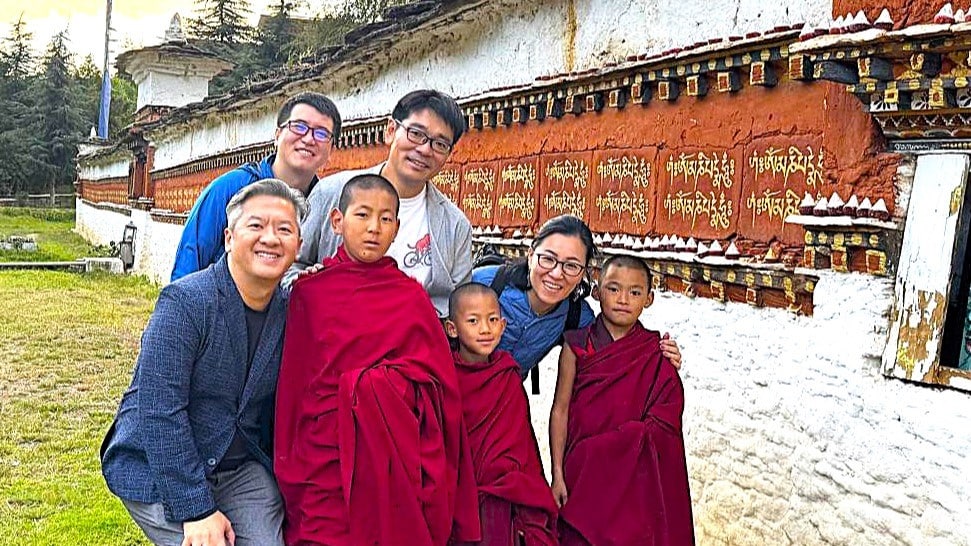
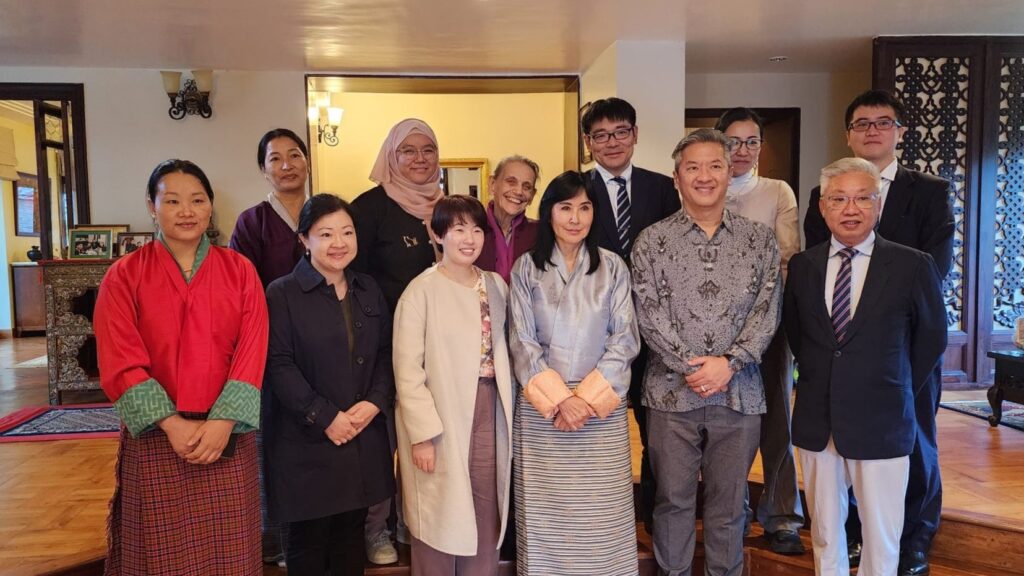
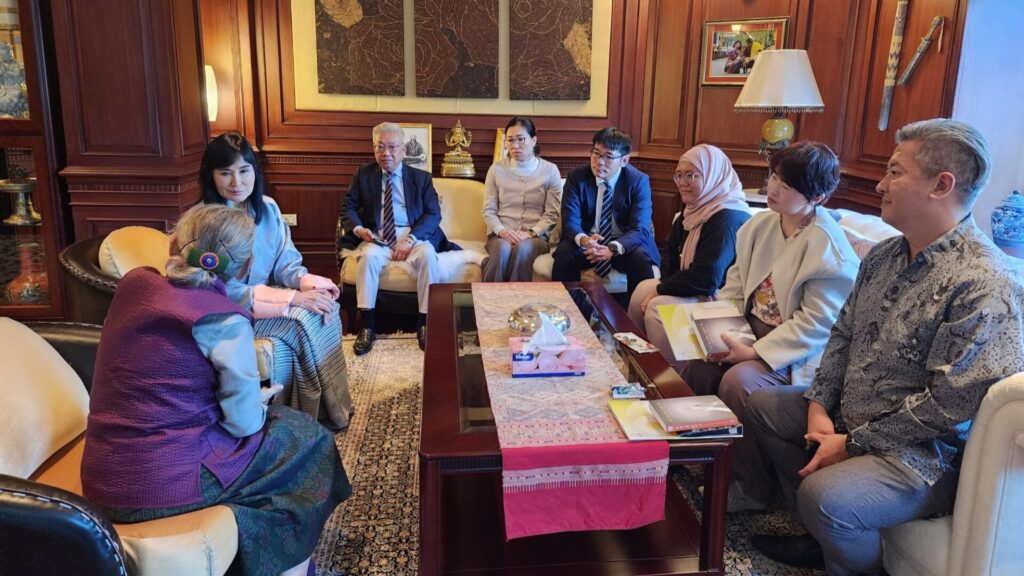
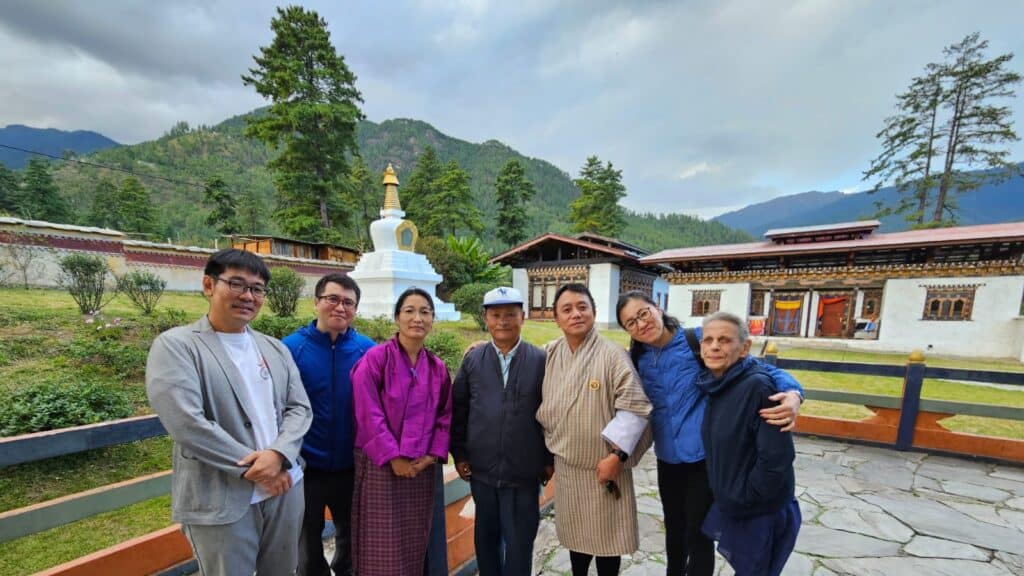
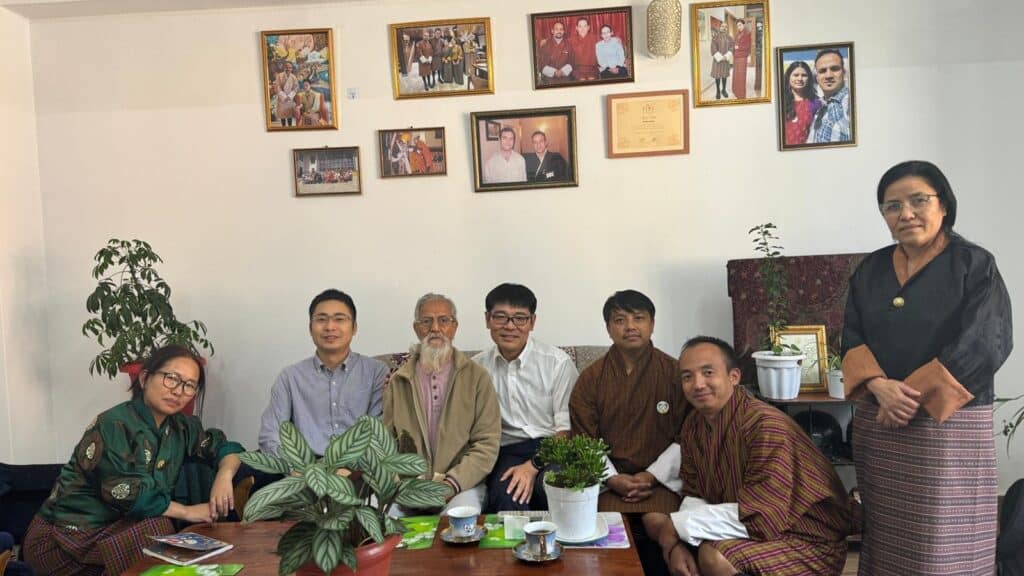
Written by: Dr Hideyuki Kashiwagi, Iizuka Hospital, Department of Collaborative Medicine and Palliative Care (Faculty Member, Lien Collaborative for Palliative Care Bhutan
